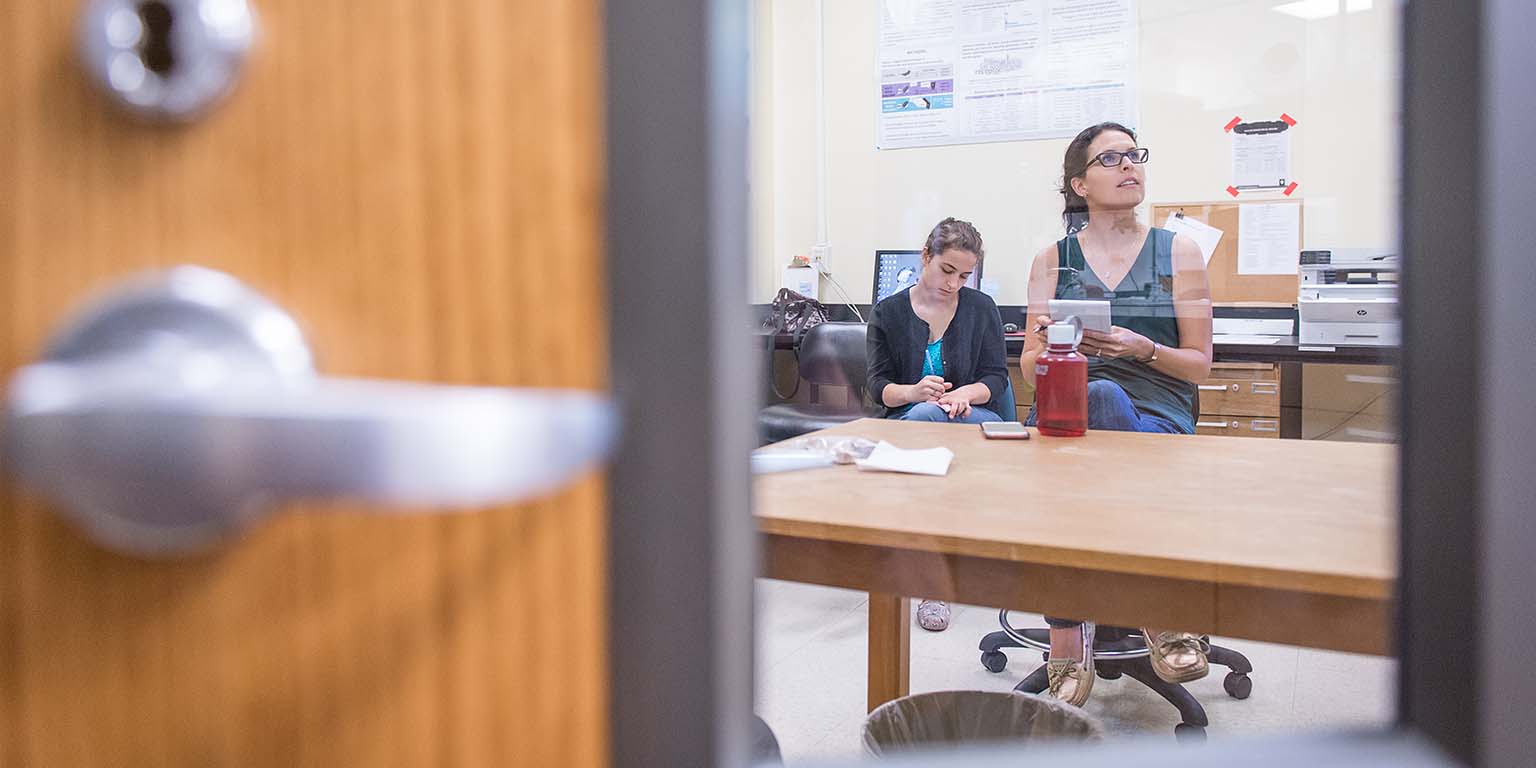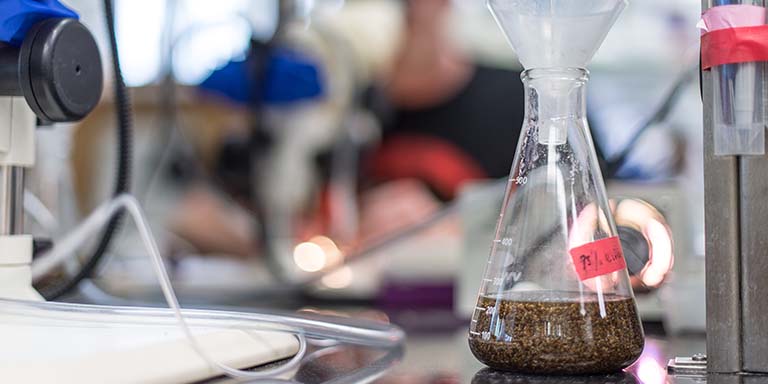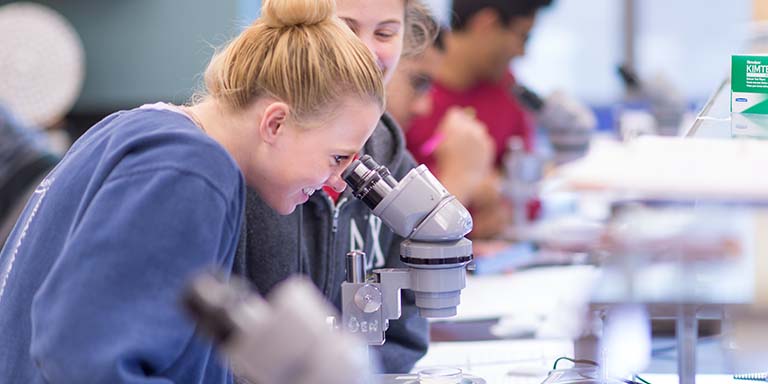The Department of Biology offers an 18-credit hour biology minor that provides a strong foundation in the life sciences. The minor requires the introductory 3-course sequence BIOL-L 111, BIOL-L 112, and BIOL-L 113, plus 9 additional hours of biology upper-level courses to reach at least 18 credit hours.
Our Biology minor provides students with an understanding of the processes through which evolution leads to organismal diversity and adaptation; the biology of individual organisms, populations, and ecosystems; biological mechanisms at the cellular level; and other areas of interest depending on the courses selected.




 The College of Arts
The College of Arts